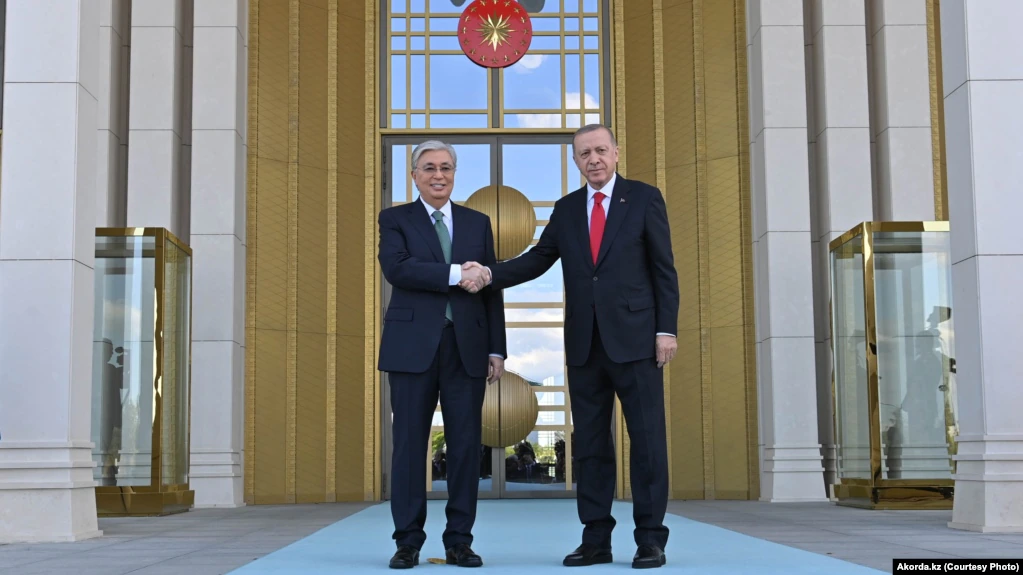 Maltese court says police has jurisdiction to investigate torture allegations against Kazakh exile living in Malta. A United States congressman has asked the European Commission to investigate "serious allegations" of human rights abuses made against Rakhat Aliyev, a former Kazakh diplomat who now resides in Malta.
Maltese court says police has jurisdiction to investigate torture allegations against Kazakh exile living in Malta. A United States congressman has asked the European Commission to investigate "serious allegations" of human rights abuses made against Rakhat Aliyev, a former Kazakh diplomat who now resides in Malta.
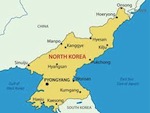 A United Nations report has implicated Azerbaijan and a Kazakhstan airline executive in violations of arms embargos against North Korea. The Associated Press acquired the report, to the U.N. Security Council committee monitoring sanctions against North Korea.
A United Nations report has implicated Azerbaijan and a Kazakhstan airline executive in violations of arms embargos against North Korea. The Associated Press acquired the report, to the U.N. Security Council committee monitoring sanctions against North Korea.


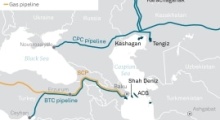


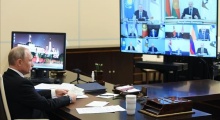

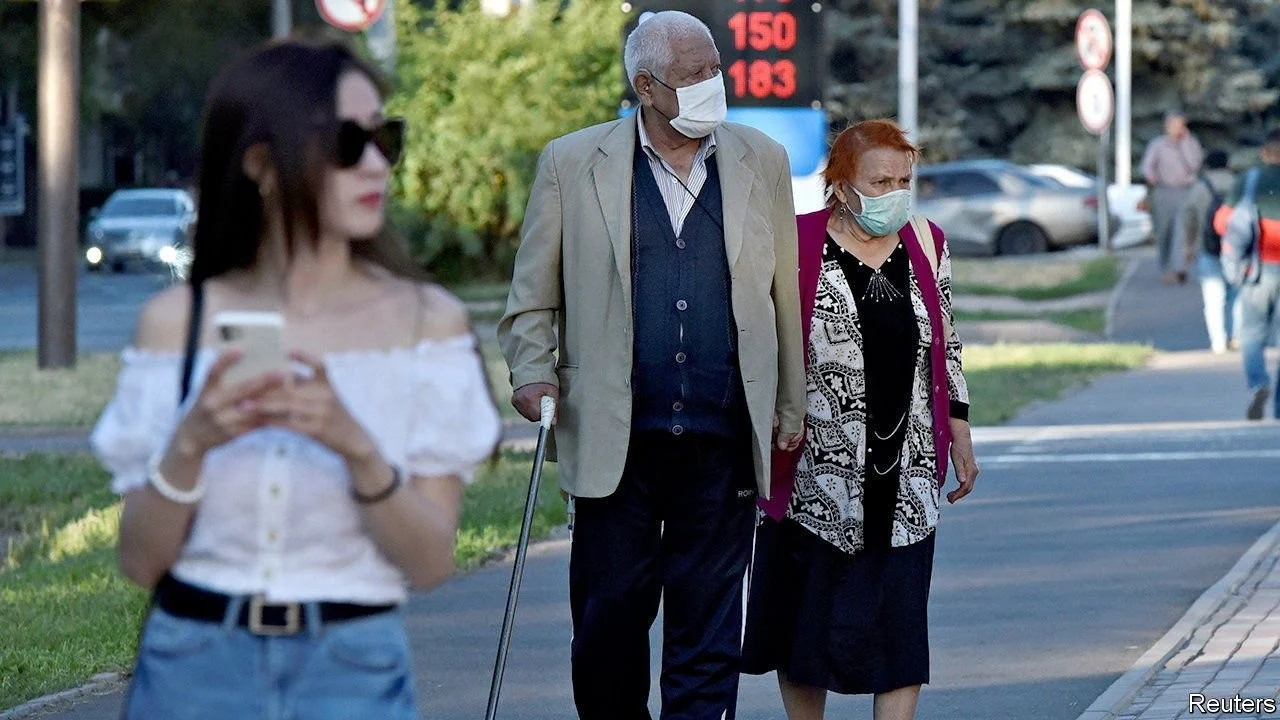
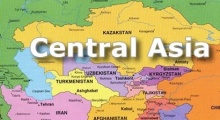
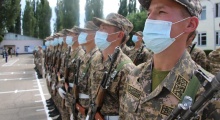

 By drawing attention to Iraq and the obvious role oil plays in US policy today, the Bush-Cheney administration has done just that: They have drawn the world's energy-deficit powers' attention firmly to the strategic battle over energy and especially oil. This is already having consequences for the global economy in terms of $75 a barrel crude oil price levels. Now it is taking on the dimension of what one former US Defense Secretary rightly calls a 'geopolitical nightmare' for the United States.
By drawing attention to Iraq and the obvious role oil plays in US policy today, the Bush-Cheney administration has done just that: They have drawn the world's energy-deficit powers' attention firmly to the strategic battle over energy and especially oil. This is already having consequences for the global economy in terms of $75 a barrel crude oil price levels. Now it is taking on the dimension of what one former US Defense Secretary rightly calls a 'geopolitical nightmare' for the United States.
 On December 15, the state-owned China National Petroleum Corp. (CNPC) inaugurated an oil pipeline running from Kazakhstan to northwest China. That pipeline will undercut the geopolitical significance of the Washington-backed Baku-Tbilisi-Ceyhan oil pipeline which opened this past summer amid big fanfare and support from Washington. The geopolitical chess game for the control of the energy flows of Central Asia and overall of Eurasia from the Atlantic to the China Sea is sharply evident in the latest developments.
On December 15, the state-owned China National Petroleum Corp. (CNPC) inaugurated an oil pipeline running from Kazakhstan to northwest China. That pipeline will undercut the geopolitical significance of the Washington-backed Baku-Tbilisi-Ceyhan oil pipeline which opened this past summer amid big fanfare and support from Washington. The geopolitical chess game for the control of the energy flows of Central Asia and overall of Eurasia from the Atlantic to the China Sea is sharply evident in the latest developments.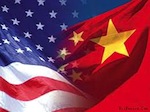 After the tragic events of July 5 in Xinjiang Uyghur Autonomous Region in China, it would be useful to look more closely into the actual role of the US Government’s ”independent“ NGO, the National Endowment for Democracy (NED). All indications are that the US Government, once more acting through its “private” Non-Governmental Organization, the NED, is massively intervening into the internal politics of China.
After the tragic events of July 5 in Xinjiang Uyghur Autonomous Region in China, it would be useful to look more closely into the actual role of the US Government’s ”independent“ NGO, the National Endowment for Democracy (NED). All indications are that the US Government, once more acting through its “private” Non-Governmental Organization, the NED, is massively intervening into the internal politics of China.
 Lawyers wanted courts to force police to investigate former Kazakh diplomat exiled in Malta over torture and human rights abuses.
Lawyers wanted courts to force police to investigate former Kazakh diplomat exiled in Malta over torture and human rights abuses.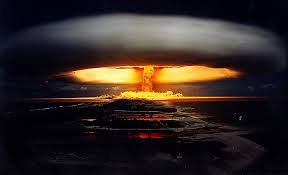 When Kazakhstan became independent 22 years ago and inherited some of the Soviet Union's nuclear weapons, it decided to give them up. If you follow Kazakhstan at all, you know this because Kazakhstan's government doesn't waste a single opportunity to mention the fact. Kazakhstan has made its status as one of the few governments to ever give up nuclear weapons the centerpiece of its efforts to position itself as a responsible member of the global community. It has started the anti-nuclear weapons testing group The Atom Project, and hosted international diplomatic negotiations on Iran's nuclear program.
When Kazakhstan became independent 22 years ago and inherited some of the Soviet Union's nuclear weapons, it decided to give them up. If you follow Kazakhstan at all, you know this because Kazakhstan's government doesn't waste a single opportunity to mention the fact. Kazakhstan has made its status as one of the few governments to ever give up nuclear weapons the centerpiece of its efforts to position itself as a responsible member of the global community. It has started the anti-nuclear weapons testing group The Atom Project, and hosted international diplomatic negotiations on Iran's nuclear program.



